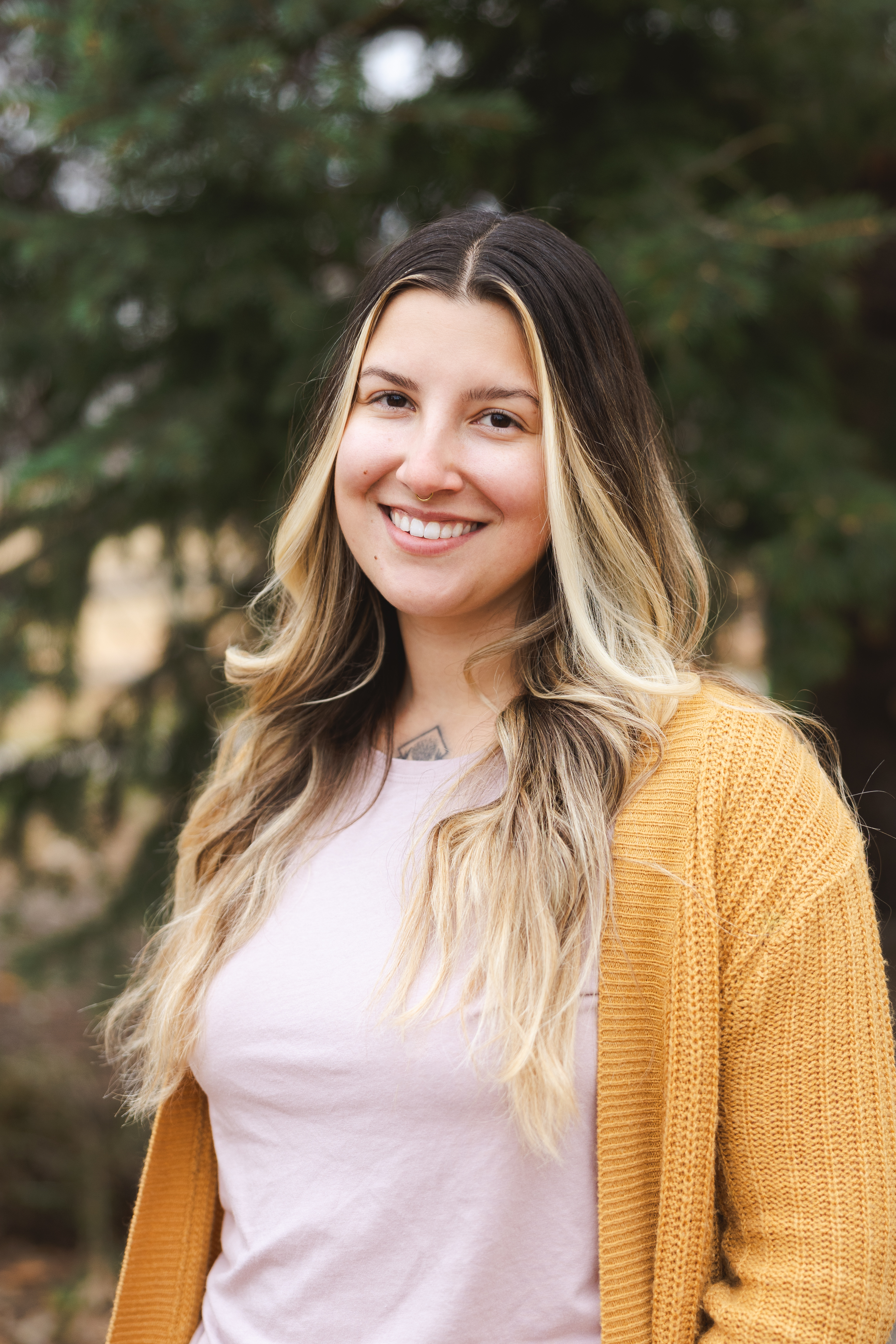Creating Systems That Fit Your ADHD—Not the Other Way Around
- Frankie Washofsky

- Nov 3, 2025
- 5 min read

If you have ADHD, you’ve probably tried all kinds of systems to get organized or stay on track. You’ve bought planners, downloaded new apps, color-coded calendars, and still found yourself forgetting deadlines or feeling overwhelmed.
Sound familiar? You’re not alone. As a human diagnosed with ADHD, I’ve been there.
So many neurodivergent folks with ADHD feel frustrated when the systems that seem to work for “everyone else” just don’t work for them. But here’s the thing… those systems were usually designed by and for neurotypical people. That means they often don’t fit how your ADHD brain works.
Instead of trying to fit yourself into systems that were never built for you, what if you started building systems that actually fit your brain? Why try to fit a square peg in a round hole?
The Comparison Trap
One of the hardest parts about living with ADHD is the seemingly constant comparison to others. You might see someone else staying organized, finishing tasks, managing time, and wonder, “Why can’t I do that?”
It’s easy to feel like you’re lazy, flaky, or broken. But you’re not!
You just have a brain that’s wired differently. ADHD affects how you focus, plan, and even how you regulate emotions. It’s not about a lack of willpower or motivation, it’s all in how you’re wired. When you try to force yourself into systems that work for someone neurotypical, you end up feeling defeated. You might start and stop routines over and over, believing that you just can’t stick with things. But in reality, the system didn’t work for you and that’s okay!
Working With Your ADHD, Not Against It
If you’re neurodivergent, nothing is impossible, but you have to find what works for you. Here are a few tools and strategies that can help you start working with your ADHD instead of fighting against it:
1. Externalize what’s in your head.
One of my favorite tools: brain-dumping! Your brain may be full of ideas, tasks, and reminders, but keeping everything in your mind can feel like trying to hold water in your hands. Try writing things down or using voice notes. Sticky notes, whiteboards, or even visual reminders can be lifesavers for the ADHD brain. This can provide so much comfort just knowing that the thing you thought of exists elsewhere, so you can release anxiety and guilt around having to always remember.
2. Make tasks rewarding or fun.
ADHD brains are motivated by interest and novelty, not just importance. That means a boring but necessary task may never feel urgent until the very last minute. This can be an unconscious strategy to make the task more stimulating! So, try pairing something dull with something fun: play music, set a timer for a quick “race,” or reward yourself afterward.
3. Build systems around you.
If you struggle with time, build systems that don’t rely on time management alone. For example, instead of “I’ll do this for 30 minutes,” try “I’ll do this one small step and go from there.” If you often forget to pay bills, try automatic payments or visual reminders near your workspace. These systems exist to make your life easier!
4. Reduce friction.
If something feels hard to start, it might just have too many steps. The next time you feel paralyzed by “just starting”, take a moment to reflect on just how many steps there are for that task. Simplify your systems as much as possible, and try committing to just doing what works. Ever agonized over exactly how to load the dishwasher? What would happen if you just picked up a dish, and put it in willy-nilly? Experiment and see what happens!
5. Use accountability and community.
You don’t have to do this alone. ADHD brains thrive on community, even the most introverted of us. Having someone to check in with like a friend, therapist, or group can help you follow through and feel supported.
Group Therapy: Why It Helps for an ADHD Brain
If you’ve ever felt like no one really gets you or gets what it’s like to have ADHD, joining an ADHD group can be a game changer. Those of us with ADHD can really struggle with showing ourselves compassion and often it’s what we need to succeed.
In group therapy, you get to share experiences, strategies, and struggles with people who understand what it’s like to live with ADHD. You get validation and the powerful reminder that you’re not alone. Most of all, you get met with empathy and understanding.
At Catalyss Counseling, our ADHD Support Group is a space where neurodivergent people can feel safe to be fully themselves. You’ll hear from others about their experiences and learn about helpful tools and strategies for navigating the world with an ADHD brain.
Individual Counseling for ADHD
In individual therapy, you can explore how ADHD shows up in your daily life, whether that’s in your relationships, your work, or your self-esteem. You can also uncover the deeper emotional layers that often come with ADHD, like shame, perfectionism, or burnout. These pieces are often less talked about when it comes to ADHD, but can make symptoms so much more intense and make life so much harder.
Our ADHD-specialized therapists at Catalyss Counseling understand the unique challenges of living in a world not built for neurodivergent brains. Some of us have even been diagnosed with ADHD ourselves. We help you develop systems and self-compassion that fit you, not the other way around.
You Deserve Systems that Work for You
You are not broken. You are not lazy. You are not too much or not enough. You just have a brain that works differently, and that’s okay.
When you start honoring that difference and building systems around it, life starts to feel lighter. You can focus on what matters most, create meaningful routines, and finally feel like you’re moving forward.
How We Can Help
We specialize in helping neurodivergent adults and older teens work with their ADHD, not against it. Our ADHD Support Group is actively looking for new members and we’d love to have you join us! We also offer individual counseling with ADHD-specialized therapists who understand your unique challenges and strengths.
If you're ready to take that first step toward working with your ADHD, reach out today for a free 20-minute consultation.
Author Biography
Frankie Washofsky is a therapist with Catalyss Counseling who works with adults experiencing anxiety, depression, and ADHD, as well as relationship, LGBTQIA+, and polyamory/non-monogamous issues. Frankie is also an avid gamer and blog author. She specializes in working with trauma survivors, highly-sensitive people, and people-pleasers. Follow Catalyss Counseling on LinkedIn, Facebook, and Instagram.
Other Therapy Services Available at Catalyss Counseling:
Here at Catalyss Counseling, we want to meet all of your counseling needs in the Denver area. Our supportive therapists provide depression counseling, therapy for caregiver stress, grief and loss therapy, stress management counseling and more. We also have specialists in trauma and PTSD, women's issues, pregnancy and postpartum depression or anxiety, pregnancy loss and miscarriage, and birth trauma. For therapists, we can also provide clinical supervision! We look forward to connecting with you to help support your journey today.






Comments